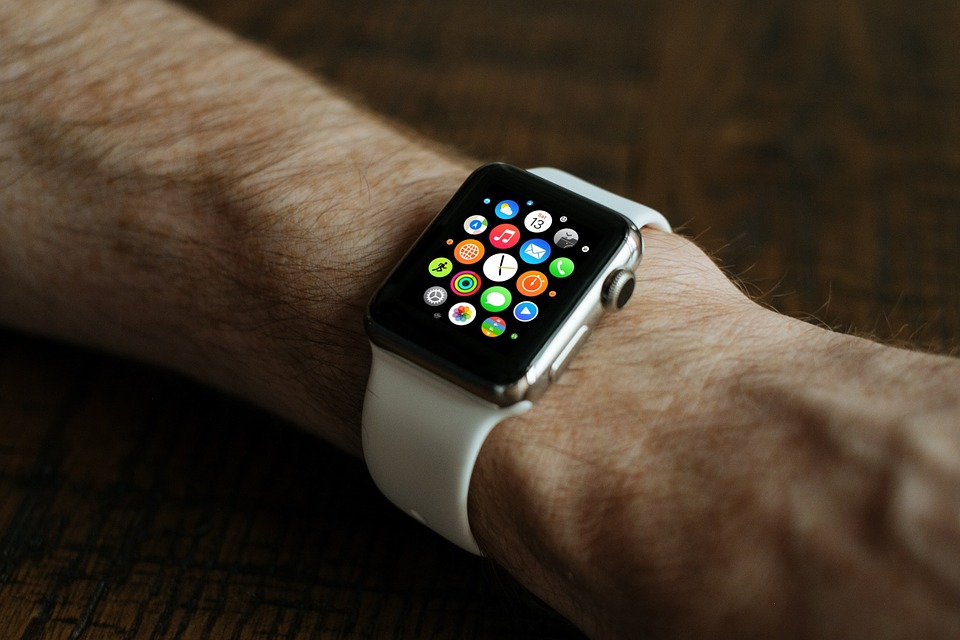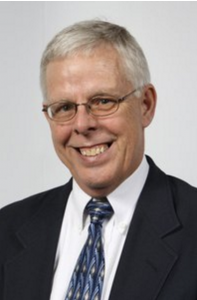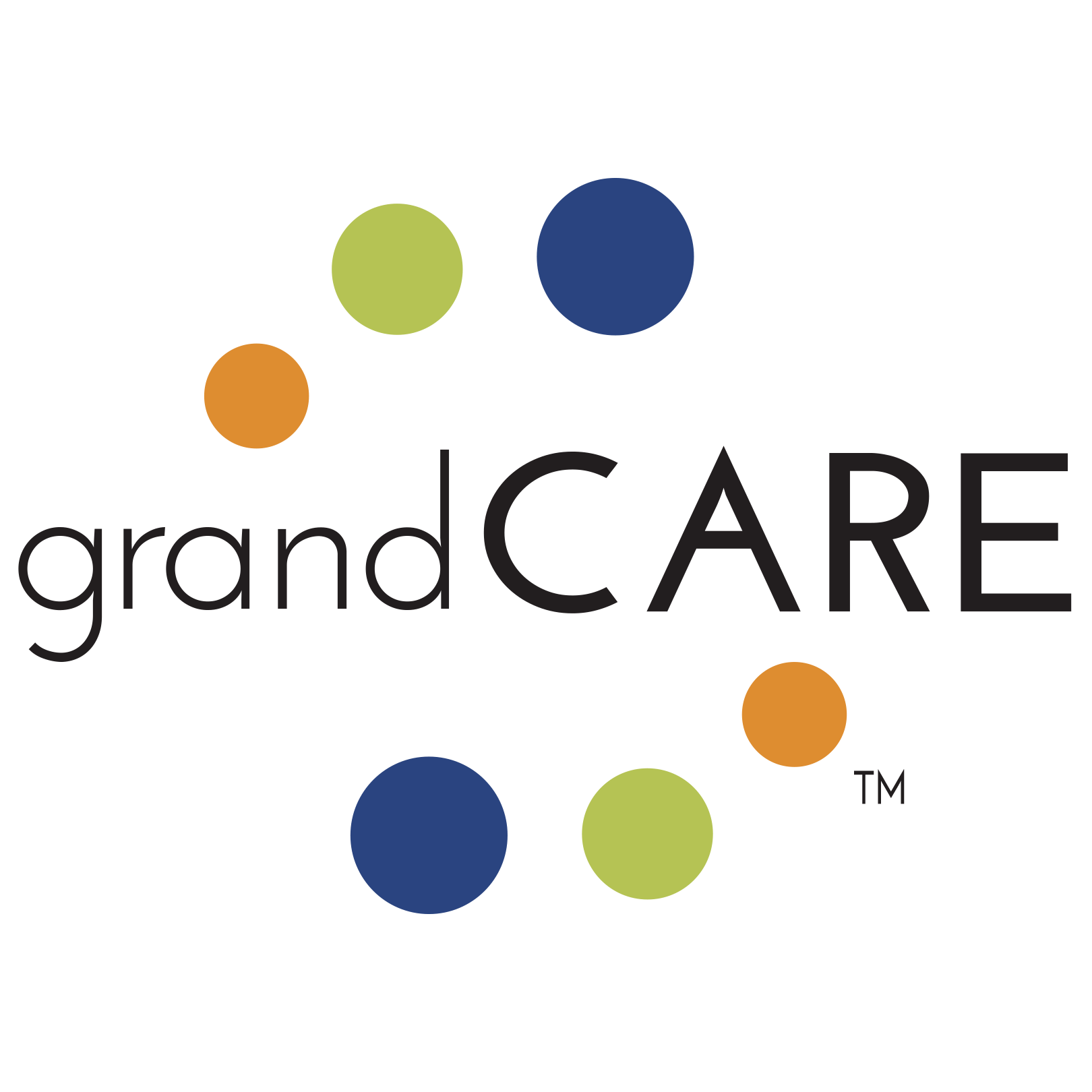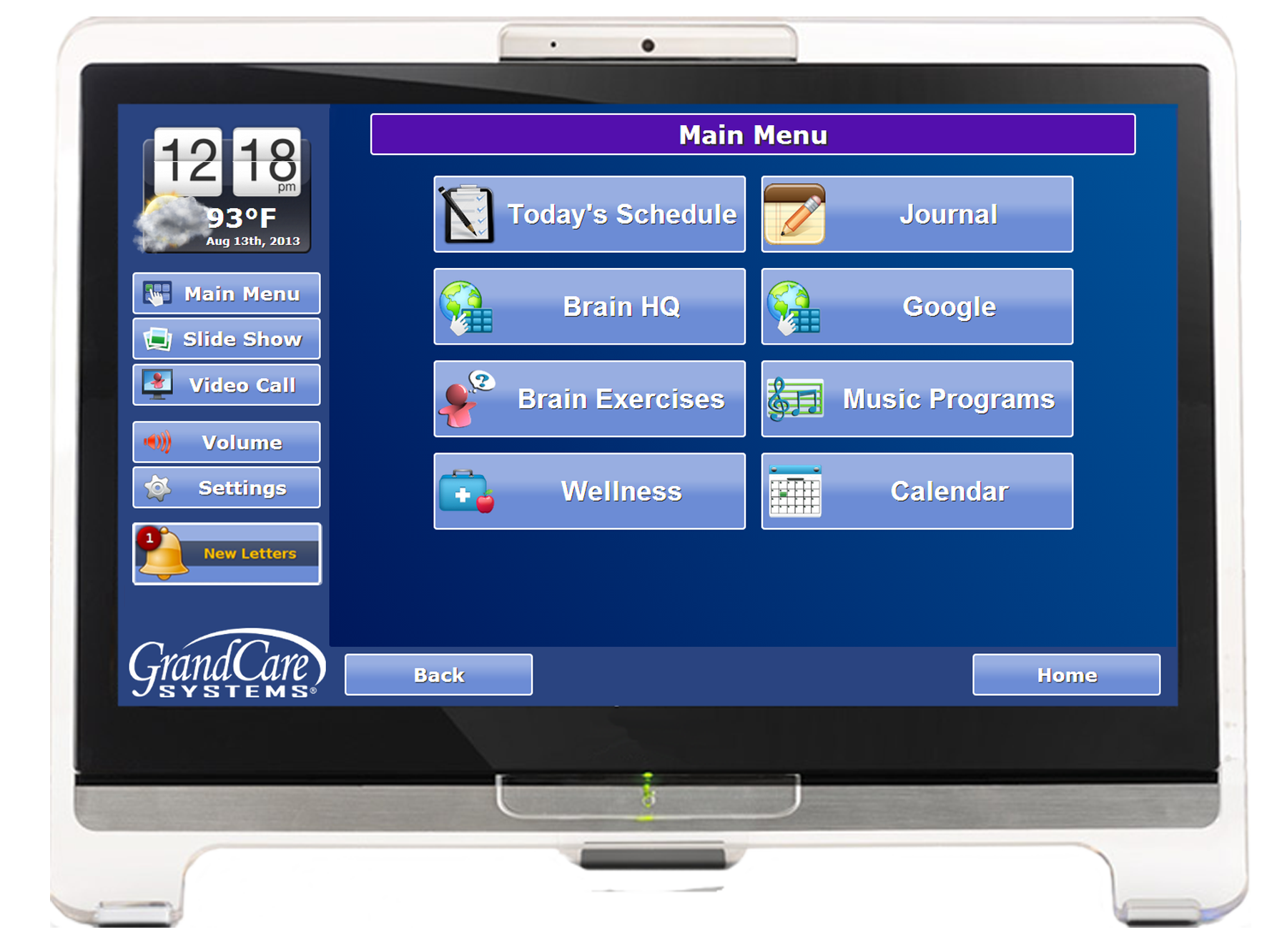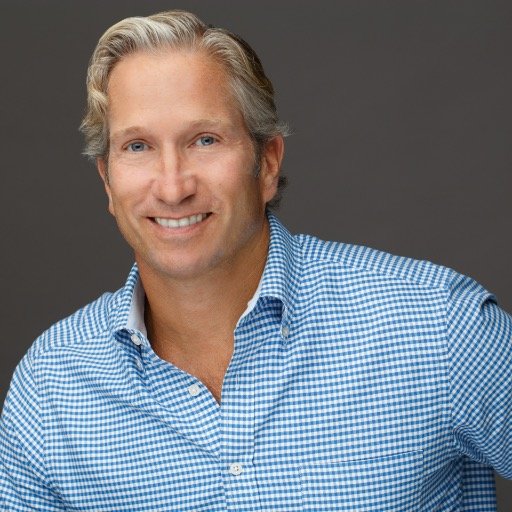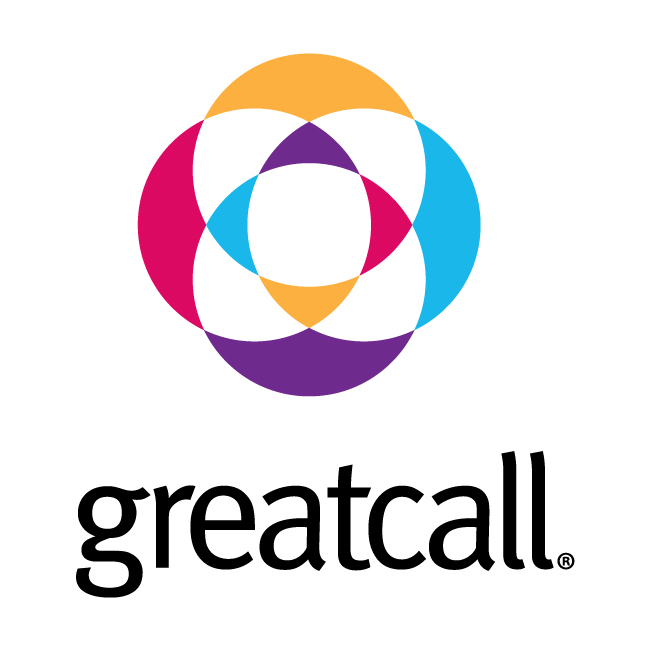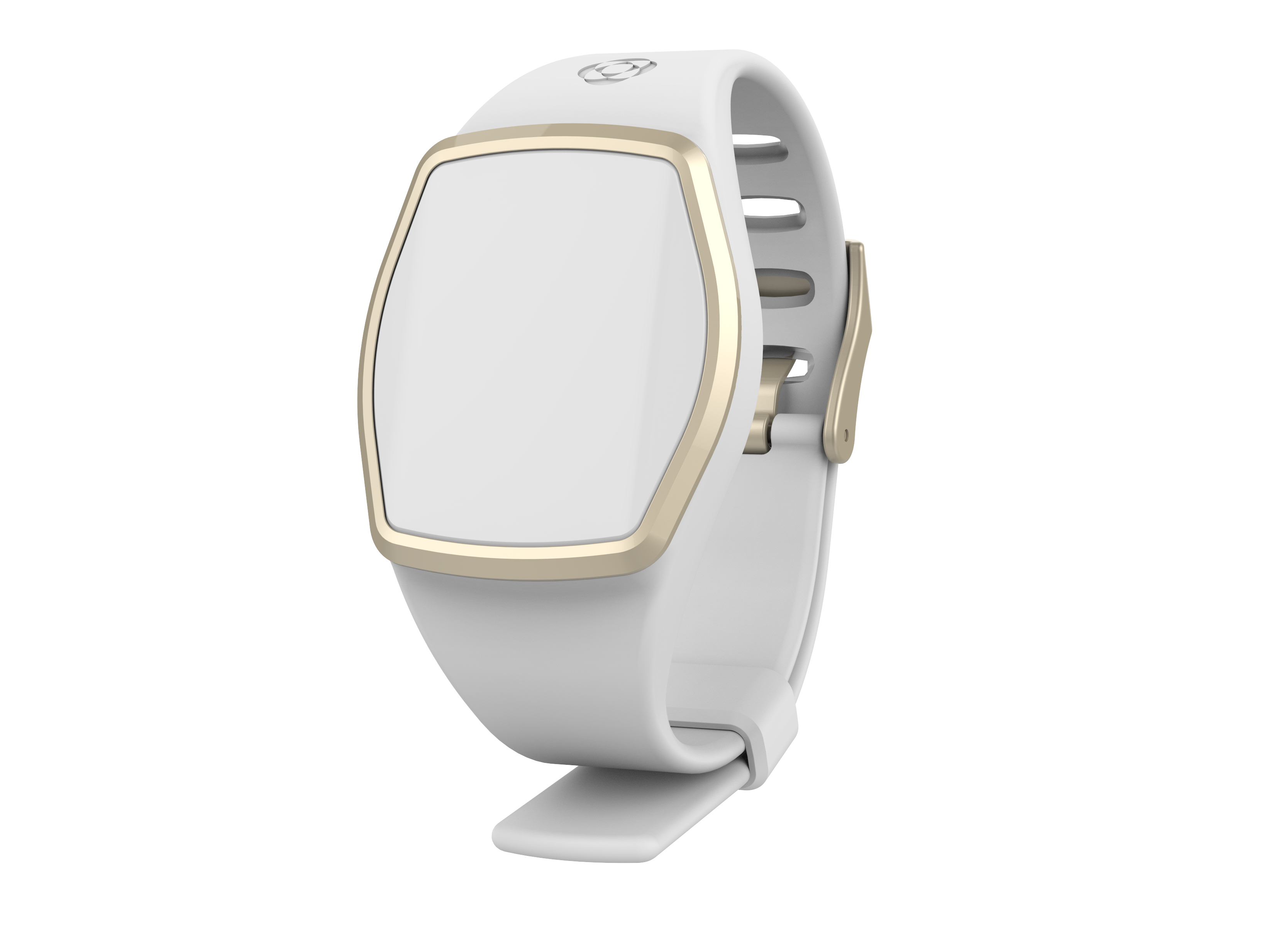Q&A With Leaders in Technology and Aging
We recently spoke with Mary Furlong, of Mary Furlong and Associates (MFA), a long time leader in helping entrepreneurs find opportunities and succeed in the longevity market.
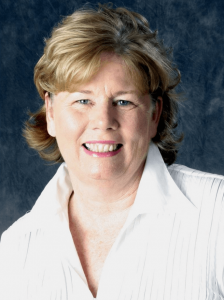
Q: Mary, we’ve known you for quite some time as an educator and leader in this space. Can you tell our readers a bit more about yourself?
A: My name is Mary Furlong. I’m a serial entrepreneur. I’ve built three companies focused on the 50+ market. My work is to improve the lives of older adults, using technology to support their needs, and reinstantiating their leadership in our society. [pullquote align=”right” cite=”Mary Furlong, Mary Furlong & Associates” link=”” color=”#69AE22″]”Every dissonance of aging is a market opportunity.“[/pullquote]
Q: So how did you get your start?
A: I started my first company, SeniorNet, in 1986. It was the first “social network” for older adults. My second company was called ThirdAge Media, a portal for baby boomers. Mary Furlong and Associates is my third company. It’s a consulting practice that helps companies navigate business strategy, development, financing, and so on, for the boomer market. In 2007, I published a book called Turning Silver Into Gold, on how to operate a profitable business in the aging market. I also produce the What’s Next Boomer Business Summit and the Silicon Valley Boomer Venture Summit.
Q: What do you think is going well in the aging and technology industry?
A: I think the momentum is going well in this industry. Steve Jurvetson of Draper Fisher Jurvetson talks about technology innovation, that it improves every day, and so does general enthusiasm for it. I think that’s very true. The demographics are there. What could change is the regulatory environment, for example, reimbursement for technology that helps keep people at home. Fewer trips to the emergency room is a good thing, because the cost of those visits is high.
Every dissonance of aging is a market opportunity. Smart people figure out those dissonances, and how to leverage the opportunities. So that’s exciting, because these opportunities are limitless, when you’re figuring out how to transform the quality of life for older people.
Q: If you could change something about this industry, what would it be?
A: It’s very fragmented right now, and that’s a challenge. And it’s a problem that there’s not enough attention given to low income. We need to get in touch with the reality of how much money is needed for people to finance their longevity, and solve the real problem of how do we get the costs down. I would also say that we’re not doing enough to facilitate the notion of older people as creators and producers, and not merely as consumers. How do we help them become part of the entrepreneurial force that transforms things?
Q: What advice would you offer to a new entrepreneur?
A: Write a business plan first. A short one. We have a couple of sessions at the What’s Next conference about this. Really figure out what is your niche, and what you can uniquely do in the market that will serve a need. What is your go-to-market strategy for the next six months? What is it for the next 18 months? Understand how you will distinguish yourself, and make the business work. Think about whether you should keep your day job while you build the business. This is the biggest challenge, because, as you know, not all new ventures are a success.
Q: How have you helped change the way we provide aging services?
A: We host two conferences every year. What’s Next Boomer Business Summit focuses on marketing and business development. Silicon Valley Boomer Venture Summit brings together entrepreneurs, with leaders in the field of aging, and the venture community, and is designed to teach entrepreneurs how to think through a business. This next one is our 26th conference. Doing this for so long, and bringing together so many people from different facets of the market, we’ve developed a business ecosystem focused on the longevity market. Now there are many other conferences that cater to this marketplace, but ours was the first.
We bring people together to help facilitate the conversation, to get more innovation in the marketplace. People needed a guide for how to bring products and services to the market, and to accelerate their traction. So what we try to do is calibrate how to help them refine their business model so it scales, and gets the right support and financing. We help them identify potential partnerships. We’ve helped companies raise money and get pilots done. Going to our conferences is like getting a mini MBA in the longevity market.
I’m out in Silicon Valley, where we look at aging as an opportunity, as opposed to Washington, where they look at aging as a liability. I like rephrasing the question, asking how will we improve the role of older people, helping them be creative, engaged, contributing in our culture, and enhanced by technology, as opposed to people who are draining the system. I’m a natural entrepreneur, and I’ve recently started calling myself a cartographer, helping people understand the landscape of this market, and helping them develop a roadmap for going to market.
Laura Mitchell Consulting is a strike team of marketing and growth strategy experts in the aging and technology industry. Know someone that we should feature in our “Meet the Innovators” blog series? Contact us at info@lmcllc.us and let us know!


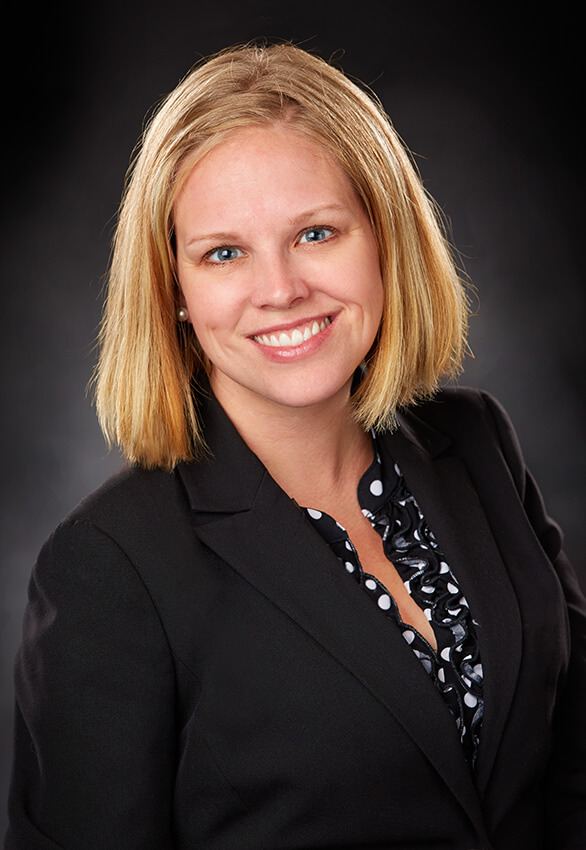
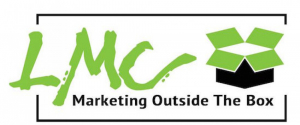
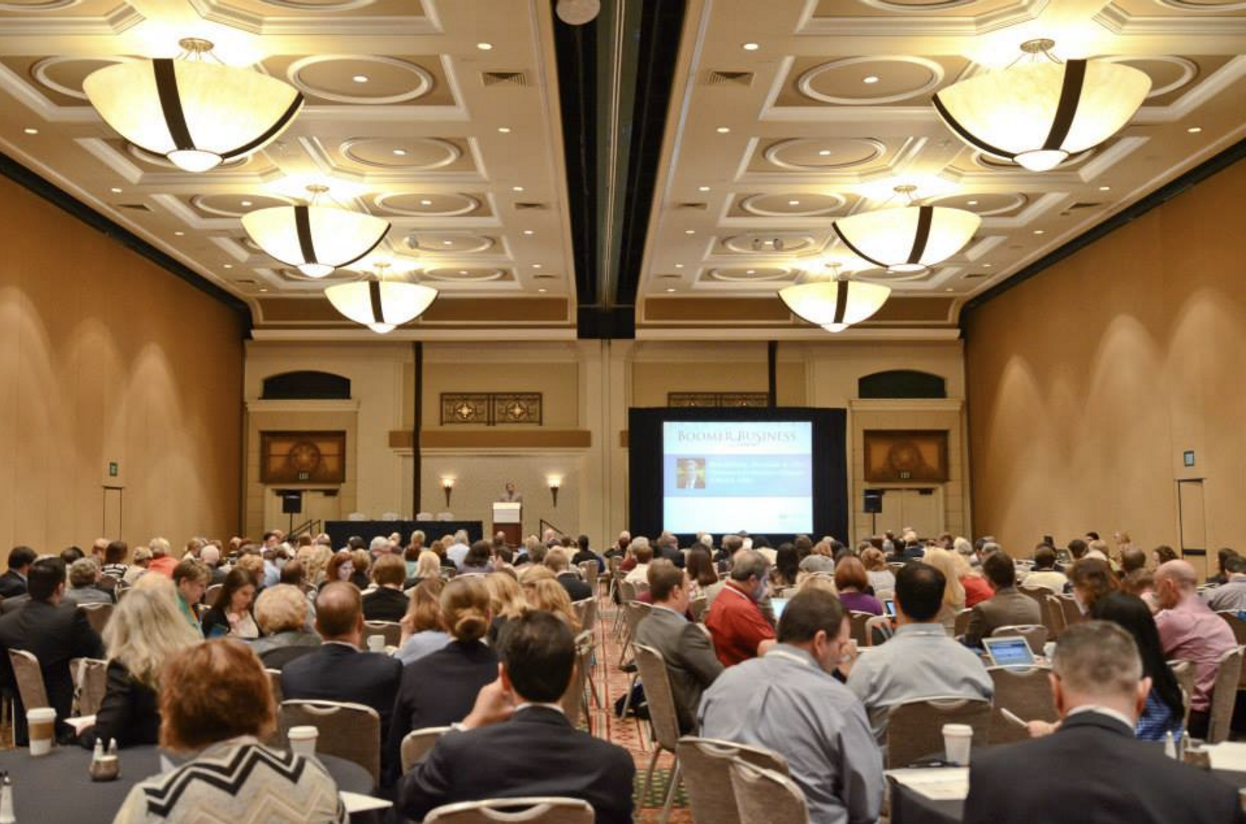
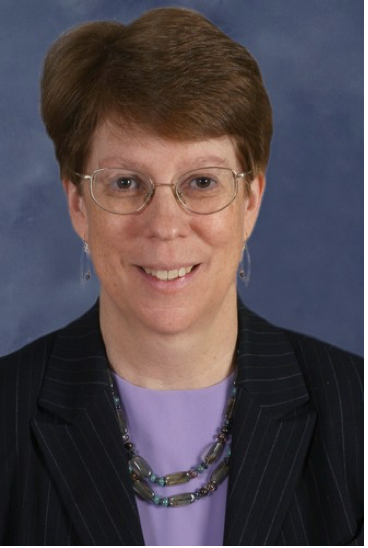 Q: Laurie, you have been such a pivotal fixture in this industry. Could you tell us what your role is and how long you’ve been in this role?
Q: Laurie, you have been such a pivotal fixture in this industry. Could you tell us what your role is and how long you’ve been in this role?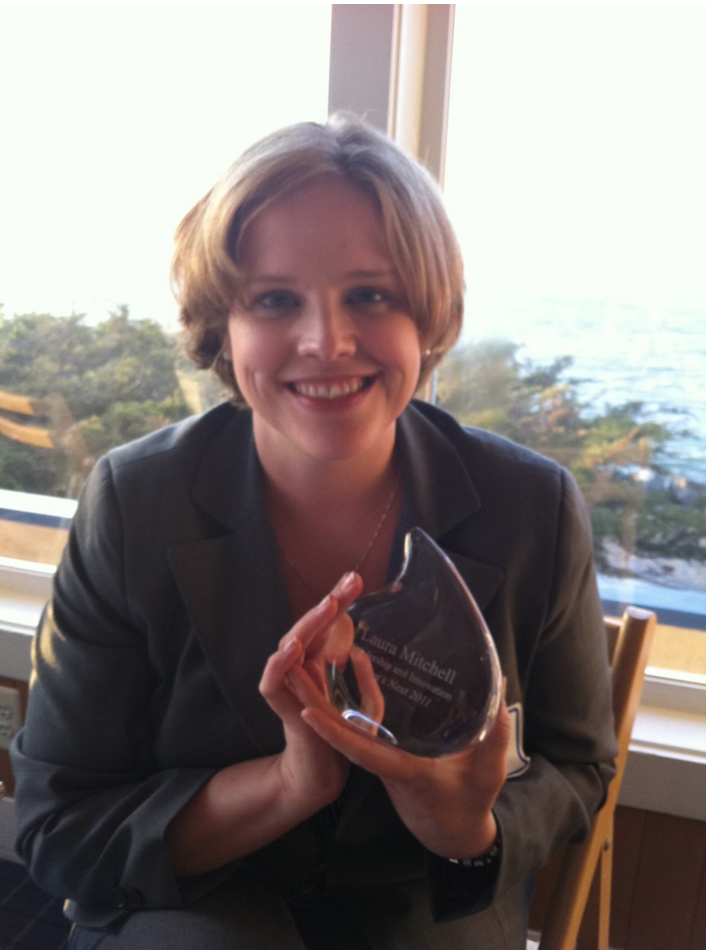
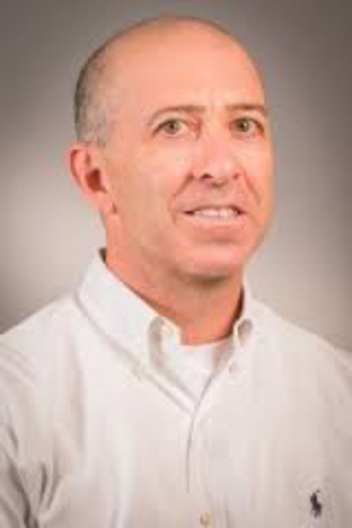 Pete Celano
Pete Celano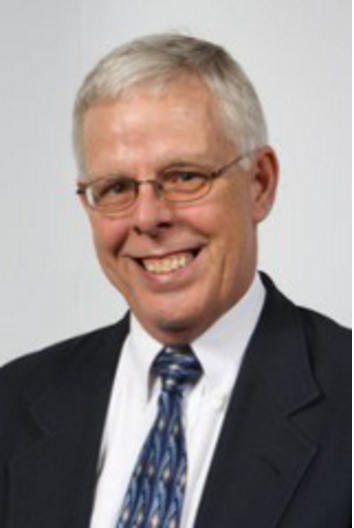 Charlie Hillman
Charlie Hillman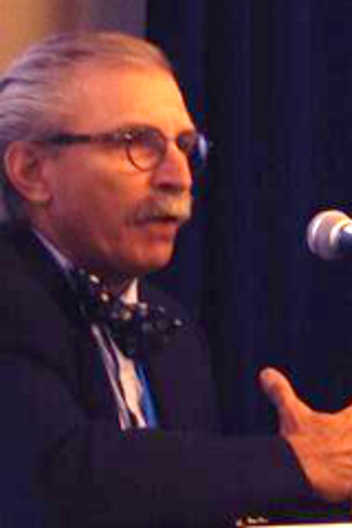 Myron Kowal
Myron Kowal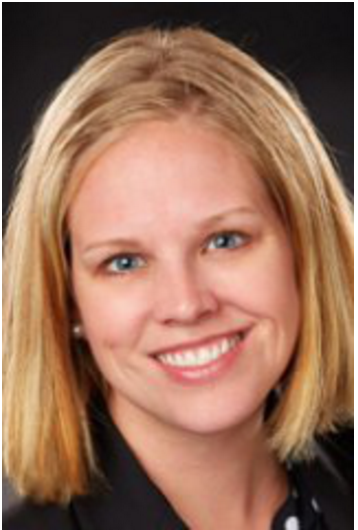 Laura Mitchell
Laura Mitchell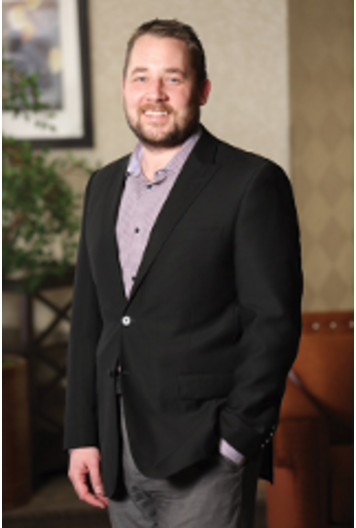 John Rydzewski
John Rydzewski